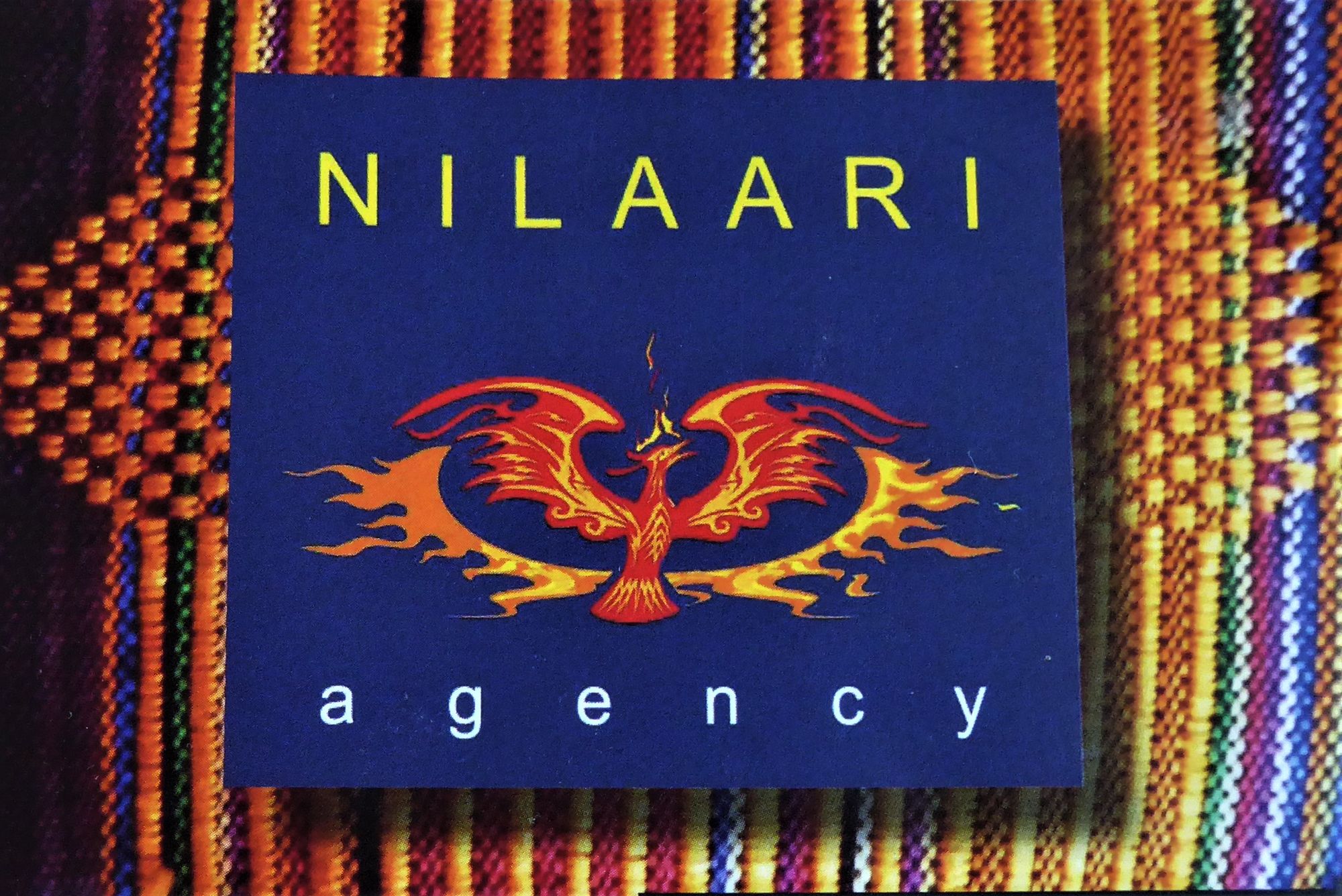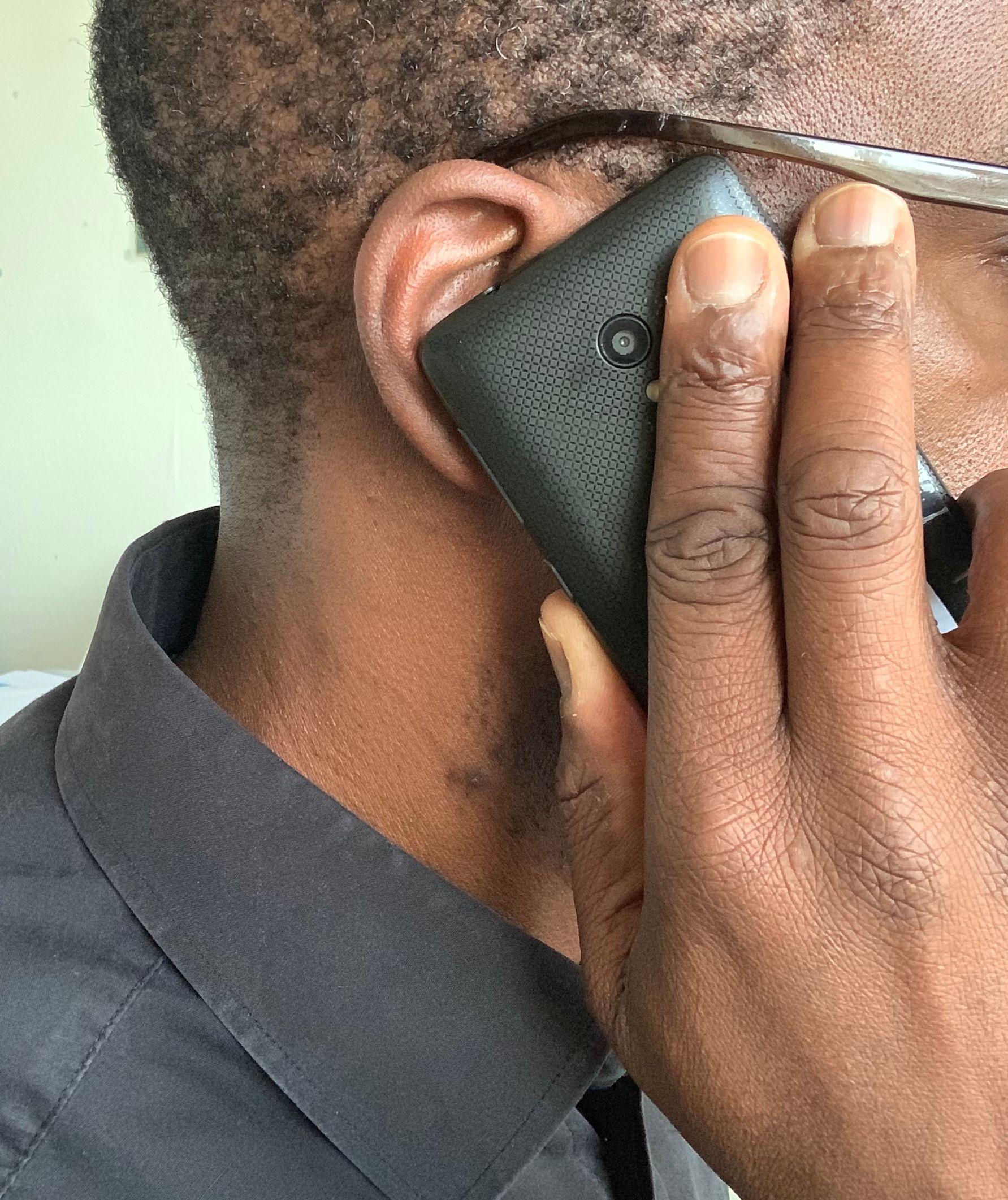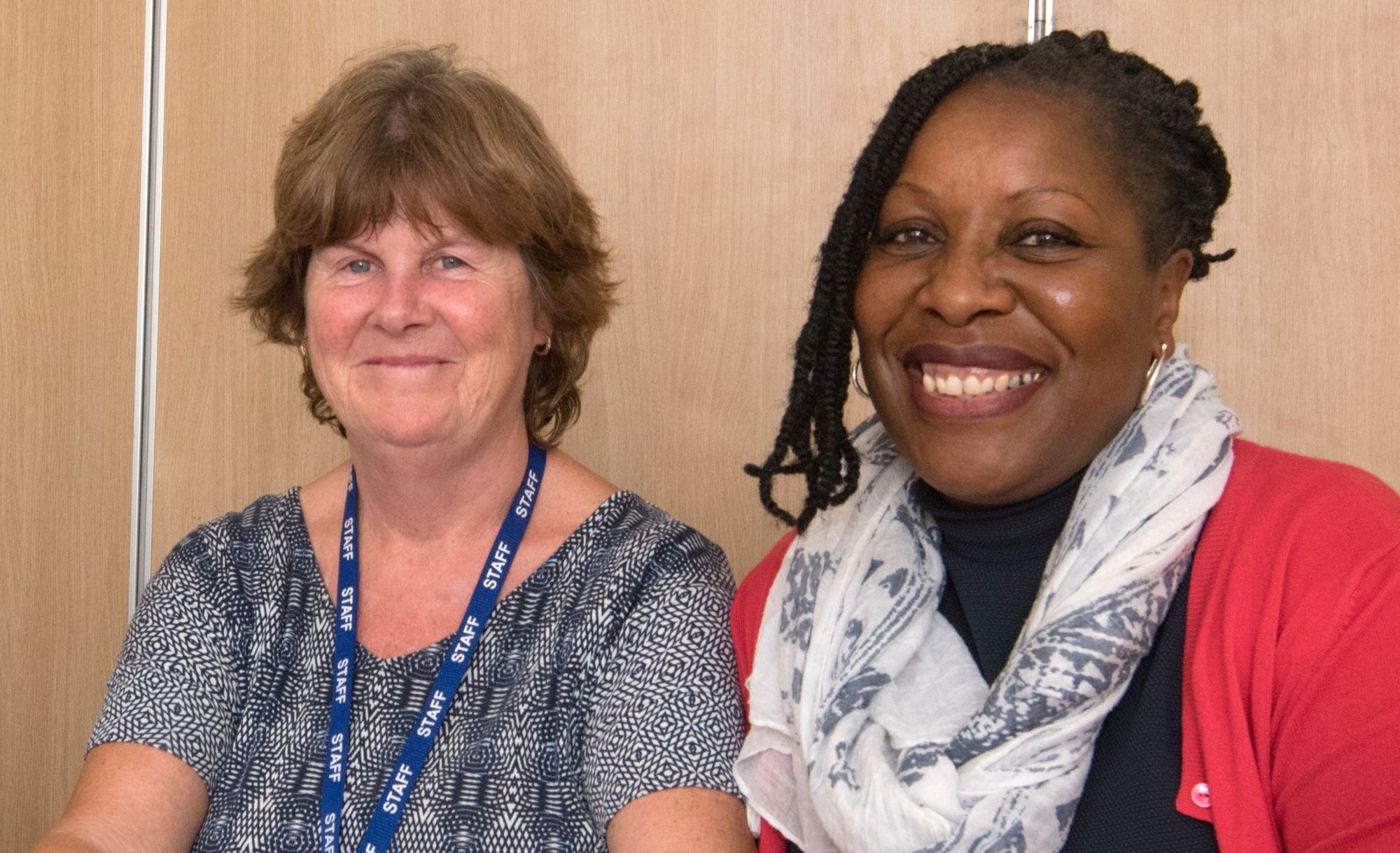By Noa Blane Damelin, Digital Features Editor
Nilaari is a community-based charity who offer therapy and guidance to BAME adults and young people in Bristol, as well as training sessions in cultural competence to the wider community. Epigram spoke to Shelagh Hetreed from the Nilaari team to talk about what the charity does and how we can all support BAME mental health at this time.
It is widely acknowledged that BAME individuals are both under-represented and under-serviced by existing mental health and wellbeing services, and Nilaari are trying to bridge this gap. They offer culturally appropriate therapy sessions to Black, Asian and Minority Ethnic individuals in and around the Bristol area.
Nilaari is an official partner of the Avon and Wiltshire Mental Health Partnership NHS Trust, a trust created specifically to provide mental health services across Bristol, Somerset and the South-East.

Guidance offered by Nilaari can cover anything from mental health and daily living to drug and alcohol dependency and (re)offending behaviour. The charity first emerged from the Bristol City Council Drug and Alcohol service back in 1999 out of a realisation that BAME people were less able to access existing drug and alcohol services.
Today, Nilaari is a well-established independent charity complete with its own office in Easton, Bristol. While Hetreed declined to comment on exactly how large the charity’s operations are today, it is certain that Nilaari’s services are in high demand.
The covid-19 pandemic forced Nilaari to adapt their offerings and transition from in-person therapy sessions and training courses to telephone sessions.

Since March Nilaari have experienced such high demand for their services that they have had to prioritise the individuals who they identify as being most in need of support at these times.
While Nilaari could not confirm whether or not the pandemic correlated with any sort of increase in the number of people requesting support, they did confirm that the people they are supporting are certainly affected by related issues, not least the loss of a loved one due to Covid-19 or fears of the disproportionate rates at which this virus affects Black Britons.
Nilaari have also been actively supporting BAME and international students at the Univeristy of Bristol through lockdown. Back in June the University announced that they would cover the costs for any student to have up to six 50-minute telephone counselling sessions with Nilaari in order to better support BAME students who feel that they could benefit from culturally specific support. This offer still stands for students: see the University of Bristol webpage here for further details.

So, what can we do to support Nilaari’s work?
‘Firstly, an acknowledgement that this exists. You have to believe that this happens’ exclaimed Hetreed passionately. People need to recognise that BAME lived experiences are likely to be very different to the experiences of non-BAME individuals living in the UK, and it is therefore essential that every BAME student and individual has access to culturally appropriate mental health support if they choose to access it.
‘Firstly, an acknowledgement that this exists. You have to believe that this happens’
And after that? It’s nothing less than ‘a change in culture’ according to Hetreed. At University level, this might mean lecturers or Personal Tutors receiving training from Nilaari so that they are able to better support students. In wider society, it requires everything from recognising the importance of community-led counselling services to normalising therapy.
Signing up for one of Nilaari’s cultural competency courses is another great first step in improving our collective ability to support BAME members of our communities. These courses tend to be day-long and they are designed to teach individuals, groups and institutions how to better support BAME community members.
The Disproportionate Educational Impact of Covid-19 on BAME students
Interview: Talking Bristol, Black Lives Matter and Twitter with history of slavery professor Olivette Otele
Something else that Hetreed points out is that BAME students need to know where to turn if they do feel like they could benefit from culturally specific mental health support services. Services like Nilaari and SARI, another fantastic Bristol-based charity working against racism, deserve to be spoken about more widely and promoted far more frequently, especially within the student bubble.
Nilaari’s work can serve to remind us all of the importance of empathy and allyship, today and every day. As they continue to grow and establish partnerships such as the one with the University of Bristol, Nilaari are making constant strides to support more BAME individuals from the Bristol community than ever before.
Featured Image: Epigram / Nilaari
BAME students at the University of Bristol can register for up to six telephone counselling sessions with Nilaari for free. Reach out to zara.b@nilaari.co.uk if you are interested in signing up or finding out more.








